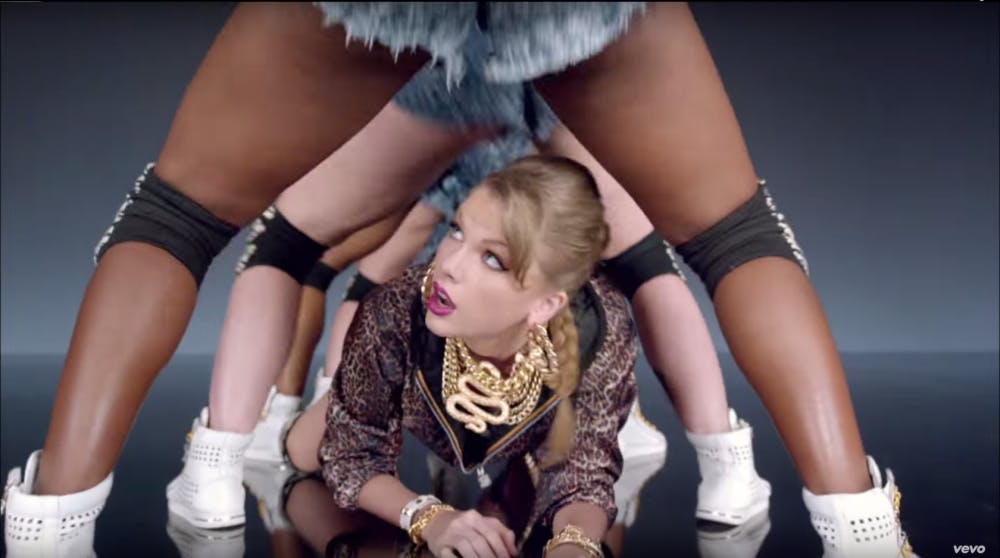American society has made leaps and bounds in regards to our sensitivity and acceptance of others. We have legalized gay marriage, increased diversity in our classrooms and allowed women into combat roles. Our growing sensitivity as a society has helped us to right social wrongs, but now we have gone too far.
Almost anything can be viewed as offensive to anyone, and it is easy to make the case that something minor is disrespectful.
Radhika Sanghani, a writer for the Telegraph, wrote an article about how the air conditioning in the workplace is oppressive to women. Yes, you read that right: The temperature in the workplace is more suited for a man’s body temperature and therefore is oppressing women. While the temperature study can be respected, I doubt the intent of the workplace was never to keep women frozen in their seats.
Read more: Cultural appropriation done by many, understood by few
We have become over-sensitive to the point where we cannot even mention someone’s race without fear of offending them or being called a racist. But simply mentioning someone’s race isn’t racism, showing prejudice towards them because of their race is racism.
After Taylor Swift released her "Shake It Off" video, people immediately reached for their pitchforks and torches, calling her a racist for perpetuating unfavorable stereotypes. The so-called offensive scene happens when Swift crawls through a tunnel of twerking dancers of numerous races with a look of bewilderment. Instead of taking the video as the self-deprecating joke that Swift intended it to, critics took it as cultural appropriation and racism.
Instead of immediately condemning the person, we should first look at the actual intent of the person. Did they say or do something with the sole purpose to be offensive? Did they have malicious intent? For example, if I got a henna tattoo, it really wouldn't be apparent that I got one because I was admiring the rich culture behind the tattoo or if I saw Vanessa Hudgens with one and thought it was "cute".
Yet, I can almost guarantee that if I upload a photo of the henna on Twitter, I would be met with plenty of angry tweets and claims that I was a racist. At what point would getting a henna tattoo be deemed acceptable? I would have to compile research on what exactly I am getting before it would be deemed acceptable.
I have gotten plenty of henna tattoos because I admire them for their beauty and intricate designs. If someone wants to imitate different cultures that would be because they admire them, not to steal another culture. Culture is not a tangible thing. No one, regardless if they are a majority or not, can steal your culture away from you. In most cases, taking up another culture doesn't devalue the source of the artifact or trend in that culture.
People do make mistakes, and in Swift’s case her intention wasn’t to mock African American culture. That being said, there are things that are never OK: painting your skin a different color to mock another race, using terms racist names to identify someone is never appropriate.
We as a society seem to be walking on eggshells as to not upset anybody. The problem with this is that there is no distinct line as to what is and what isn't irritating to others. As a result, people are creating problems with things that don’t really need to be problems. Being politically correct isn’t the end all be all of being a good person. We have much bigger things to deal with than being over-sensitive.
Related Links:
Political correctness: A product of free speech
The distorted meaning of discrimination
Reach the columnist at larober3@asu.edu or follow @lindsayaroberts on Twitter.
Editor’s note: The opinions presented in this column are the author’s and do not imply any endorsement from The State Press or its editors.
Want to join the conversation? Send an email to opiniondesk.statepress@gmail.com. Keep letters under 300 words and be sure to include your university affiliation. Anonymity will not be granted.
Like The State Press on Facebook and follow @statepress on Twitter.




